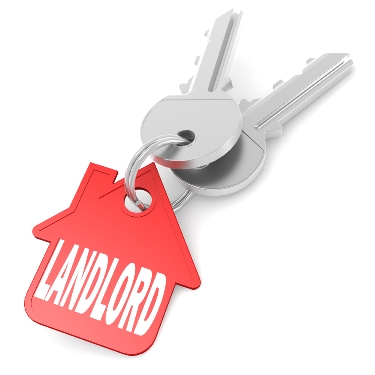For property owners and landlords, rented property is money in the bank, while vacancies are revenue killers. And it’s easy to understand why so many prefer long-term vs. short-term renters. By signing your tenants to longer leases, you have more assurance that you won’t have to spend so much time and money turning the units.
But while having long-term tenants may seem like a dream come true, there’s no guarantee your renters won’t damage the property or get behind on paying the rent, or that other problems won’t arise. And with laws governing tenant evictions more complex than ever, the last thing you want is to be trapped in a long-term agreement with a difficult tenant.
Before you rent your property on a long-term basis, follow these six tips to get started off on the right foot:
- Don’t skimp on the screening process. Screen all potential tenants for income, credit history, criminal record, and negative references from previous landlords. The credit check may be the best way to check the applicant’s long-term reliability, since a credit report is a good indication of a person’s ability to manage debt and pay revolving accounts on time, including rent payments.
- Evaluate your tenants during the first year. Being on time with the rent isn’t the tenant’s only responsibility. The property has to be cared for and meet certain standards of cleanliness. Provide for routine inspections in your lease agreements and check up on new tenants once in a while during the first year. Even the most conscientious tenant can go sour over time, so checking in regularly can keep you in the loop before problems escalate.
- Be visible and communicate regularly. On top of regular inspections, make sure your tenants know and remember you. Stay visible, keep lines of communication open, and maintain up-to-date contact information for all tenants. If you’re out of the picture for long periods of time, there are more chances for things to go south that you may not notice until they become major issues.
- Have a long-term maintenance plan. Once you get a long-term tenant, don’t just put maintenance on autopilot. Property damage can happen over a long period of time, so stay on top of it. If you have a good tenant and they want to stay, talk with them about what maintenance items will need to be addressed over the coming months and years.
- Make sure you and your tenants understand rent increase policies up front. Over the course of a long-term lease, you may need to raise the rent. Just make sure you’ve talked it over with your attorney and your tenants, and that you understand your rights and limitations. If you get flaky during rent increase talks, your tenants can lose trust in you, and that can increase the risk of them damaging or neglecting your property.
- Have robust landlord insurance protection in place. You face a host of diverse risks as a landlord, and many things can happen over the course of a long-term lease. Make sure you’re protecting your business and personal assets with the right insurance coverage. In addition to standard coverages such as general liability, you should consider landlord liability, personal liability, and even an umbrella policy to extend your liability limits.
By having your ducks in a row early on, you’re increasing the chances of having a successful landlord-tenant relationship that will last. And don’t forget – short-term rentals need adequate insurance coverage too. See our recent blog on that topic. Ready to learn more about insurance coverage for your rental operations? Talk to a FICOH independent agent today about how we can help you protect your bottom line for the long-term.

